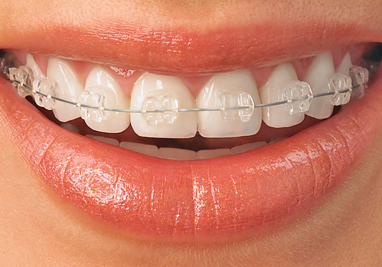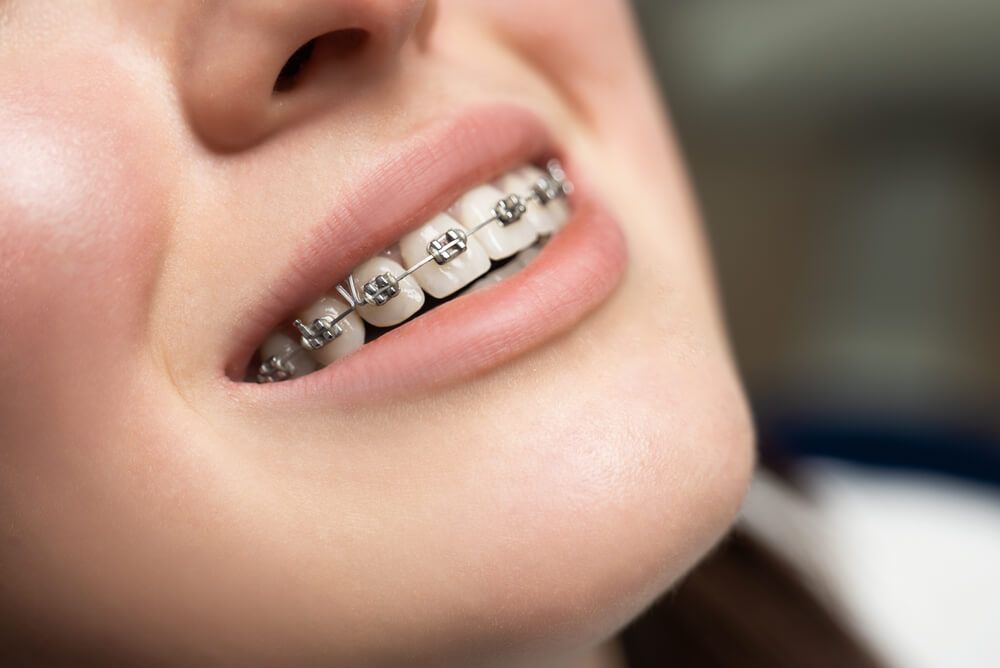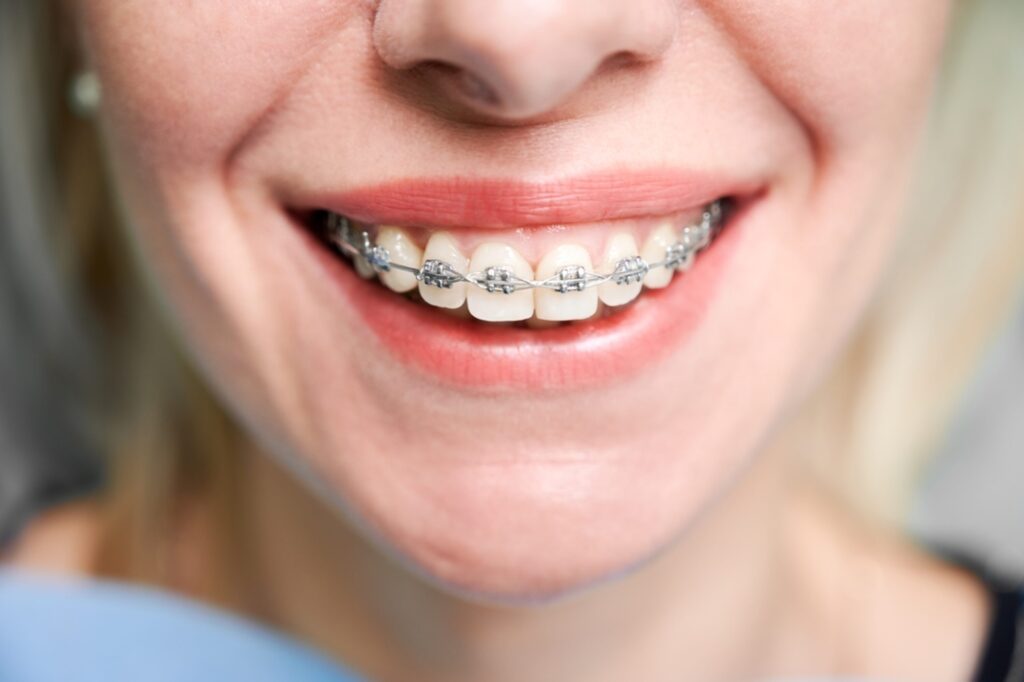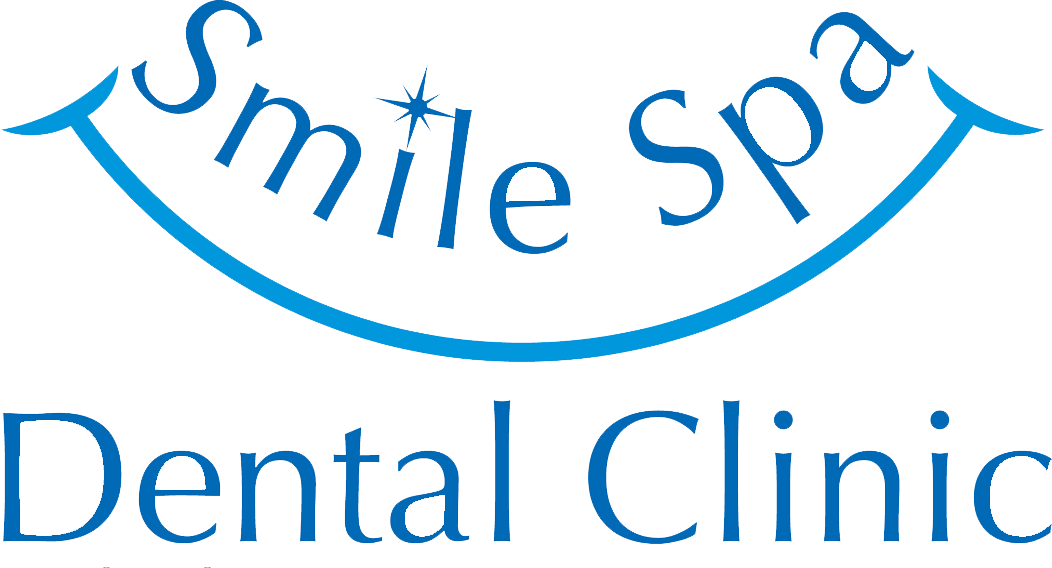Dental Braces: Straightening Your Smile
Dental Braces are a standard orthodontic treatment used to align teeth and improve smiles. They are typically made of metal brackets and wires, but ceramic and lingual options are also available.
Types of Dental Braces
- Metal Braces: Traditional metal braces are made of stainless steel brackets and wires. They are the most common braces and are often the most affordable.
- Ceramic Braces: Ceramic braces have clear or tooth-colored brackets, making them less noticeable than metal braces. They work the same way as metal braces but can be more expensive.
- Lingual Braces: Lingual braces are placed on the inside of your teeth, making them virtually invisible. They are the most challenging to clean and can be more uncomfortable than other braces.

How Braces Work
Braces apply gentle pressure to your teeth, gradually moving them into alignment. The wires and brackets create tension that shifts the teeth over time. Regular adjustments are necessary to ensure the braces are working effectively.
Caring for Dental Braces
- Brush your teeth thoroughly: Brush your teeth at least twice a day with a soft-bristled toothbrush and fluoride toothpaste.
- Floss daily: Flossing is essential for removing food particles and plaque from around your braces.
- Use a mouthwash: A mouthwash can help kill bacteria and freshen your breath.
- Avoid certain foods: Avoid sticky, challenging, and chewy foods that can damage your braces.
- Wear a mouthguard: If you play sports, wear a mouthguard to protect your braces.

What to Expect
- Discomfort: Braces can initially cause pain, especially after adjustments. However, this discomfort usually subsides within a few days.
- Soreness: Your cheeks and gums may become sore as your mouth adjusts to the braces.
- Adjustments: Your orthodontist must adjust your braces periodically to ensure they work effectively.
- Treatment time: The duration of your orthodontic treatment will depend on the severity of your misalignment. Most treatments last between one and three years.
Benefits of Dental Braces
- Improved appearance: Braces can significantly enhance your smile and self-esteem.
- Better oral health: Straight teeth are easier to clean, reducing the risk of cavities and gum disease.
- Improved function: Braces can correct bite problems and improve your ability to chew and speak.
- Long-term benefits: The results of orthodontic treatment can last a lifetime.

If you are considering braces, seeking professional guidance from an orthodontist is crucial. They can help you understand your options and determine if braces are right for you.
for more information, please don’t hesitate to contact us





